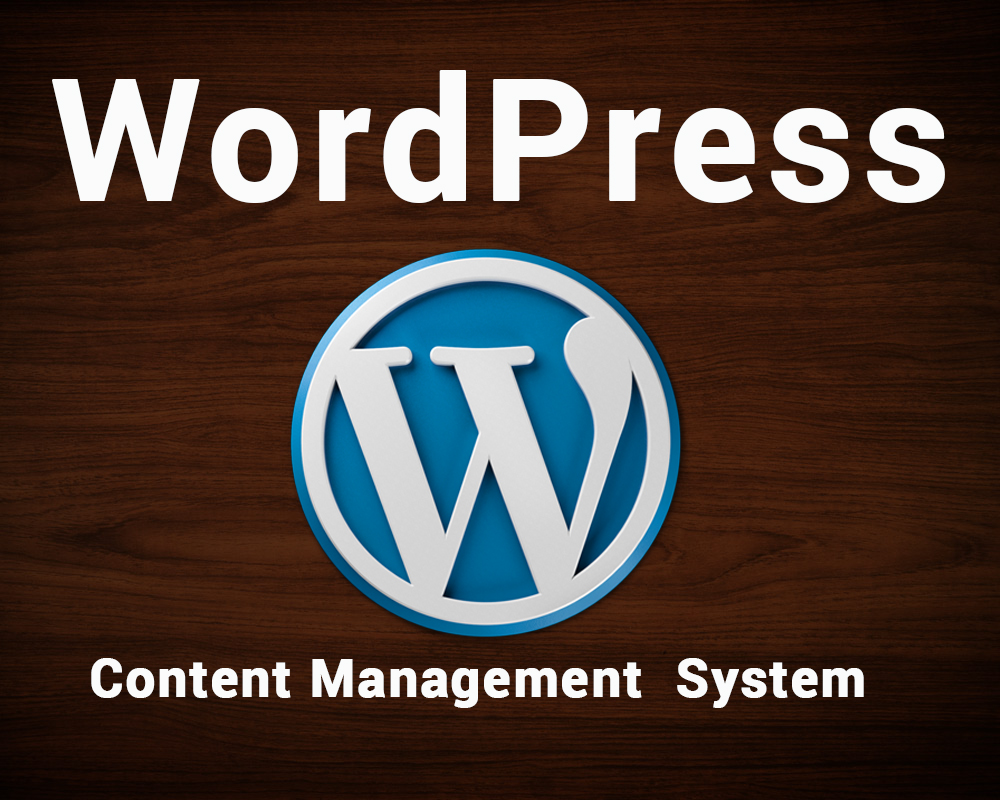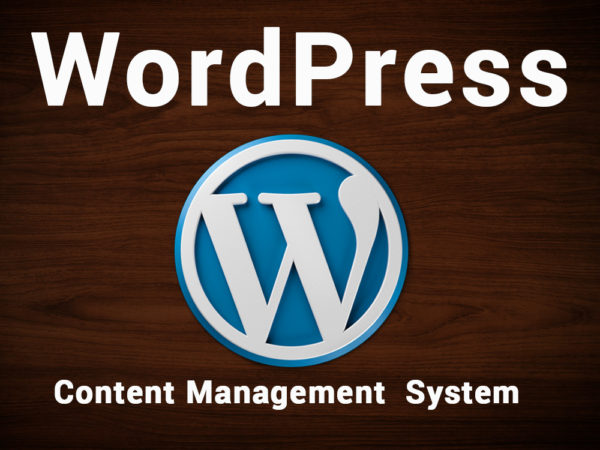WordPress is most popular Open Source blogging Content Management System(CMS) which allows the user to build dynamic websites and blogs. WordPress CMS allows the user to create different types of websites as well as blogs. Without knowledge of programming and scripting language user can develop different types of website. Like E-commerce, News Portal and another organizational website from its admin (back-end) panel.
The Content Management System (CMS) is a software where a user is free to create, update and share freely. All CMS can store multiple multimedia components like text, images, audio, video, animation and other documents all this content as made available on your website. It is easy to editing, publishing, and modifying the content of the website. WordPress was first released on 27th may, 2003 by Matt Mullenweg and Mike Little. Later in October 2009, it is announced as Open Source Software.
Features of WordPress:
The main reason of popularity of WordPress is its features. There are lots of user-friendly features which makes WordPress a robust CMS. It is going to be popular CMS.
User Management:
Admin can manage different types of a user on the basis of role like ( Subscriber, Contributor, Author, Editor ). All this user can be manage by Administrator. An administrator can create or delete the user, change the password and user information. The main role of the user manager is Authentication.
Advantages
Easy, easy, easy …
WordPress does not require PHP nor HTML knowledge unlinke Drupal, Joomla or Typo3. A preinstalled plugin and template function allows them to be installed very easily. All you need to do is to choose a plugin or a template and click on it to install. It’s good choice for beginners.
Community
To have a useful support, there must be a large community of users, who will be a part of e.g. a discussion board.
Plugins
The script has over dozen thousand of plugins available on its website. They are the reason WordPress is considered a CMS, not only a blogging script. Strong majority of the plugins is available for free.
Templates
On the scritp’s homepage you can view thousands of graphics templates, that can change your website’s look. You can find there both free and paid templates. The paid ones are often more advanced as well as more interesting.
Menu management
WordPress menu management has extended functionalities, that can be modified to include categories, pages, etc.
Non-standard fields
You can easily add fields to forms by yourself or using plugins. It will allow your blog or subpages to have additional labels, categories or descriptions.
Disadvantages
Modification requires knowledge of PHP
Operations like removing a date field requires some understanding of PHP language. It is the case for most of such modifications.
Graphics modification requires knowledge of CSS and HTML
Although there are plenty templates available on the homepage, most of them are very alike. To create a unique look, you need to know CSS and HTML.
Plugins and efficiency
To compete with Joomla! or Drupal, WordPress needs plenty of plugins to be installed. Unfortunately these plugins influence the script’s efficiency and not in a good way. Another problem arises when you need to choose a plugin for a specific functionality. Among all the thousands of plugins, most of them have their clones. It means, that any given functionality can be added by several different plugins created by different authors. Sometimes choosing the right one may take quite some time.
PHP security
The script is not protected as well as other applications. It all depends on how sesitive is the additional content of your page.
Tables and graphics formatting
Modifying tables or graphics format can be more complicated than in other applications like Quick.Cms or Joomla.
SQL queries
Queries can be complex since all additional non-standard fields that make WordPress a CMS, require additional syntax.






